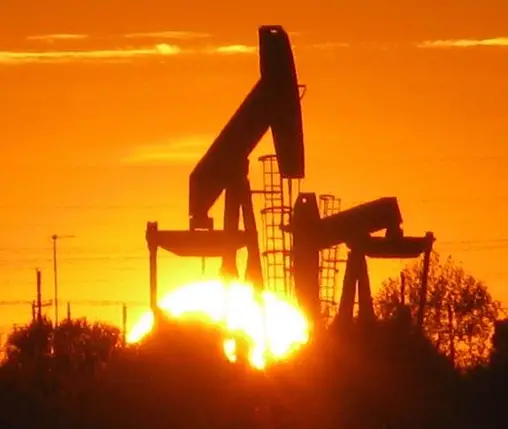Russian Deputy Prime Minister Aleksandr Novak warned the world again that Russia will refuse to sell oil to any nation which seeks to impose the price cap on its crude exports, which is being imposed by the EU and G7 nations.
Novak warned that Moscow may seek to cut its oil production by 500,000 to 700,000 barrels per day in the beginning of the new year as a result. As the world’s third largest oil producer, such a reduction would amount to about 5-6% of the nation’s daily production.
On December fifth, the EU/G7 price cap on Russian seaborne crude went into effect, capping the sales price at $60 per barrel. Any oil purchases made above the capped price are not allowed to access key services necessary for shipment, including insurance and brokerage services. The measure is an attempt by the West to limit Russian crude oil profits.
It was hoped Moscow would be eager to continue to sell at the capped price, to gain what limited profits it could, and thus the measure would limit Russian profits while not affecting overall supply or driving the price of crude on the open market too high. However Moscow has thus far indicated it would rather sacrifice the profits and not sell, as a protest of the infringement on its the ability to sell its product on the market at market prices.
In the interview with the Rossiya-24 TV channel, Novak said, “We are ready to partially cut our production early next year.”
He went on, “We’ll try to find some common ground with our counterparts to prevent such risks. But right now, we’d rather take a risk of a production cut than stick to the policy of selling in line with the threshold.”
He continued to describe such a production cut as “insignificant” to Russia, despite the potential chaos it could introduce to the global market and pricing. Novak stressed however that Russia would be able to reroute its remaining production to Asian markets which would not seek to impose the price cap on Moscow due to the high demand for energy there, and the present appetite for Russian crude.
President Vladimir Putin said to reporters on Thursday that he would sign a Presidential decree next week addressing the price cap, which will include, “preventative measures.”
Novak noted that Russia’s full-year oil production will likely increase to 535 million tons, which would be equivalent to 10.74 million barrels per day. In November, data shows that Russia’s average daily output was 10.9 million barrels per day, an eight-month record.
Analysts have warned, any Russian production cut, coming just as China is reopening its economy more permanently, could combine the market effects of the reduced Russian supply with the increased demand produced by China’s reopening to upend markets and drive the price of crude higher.

